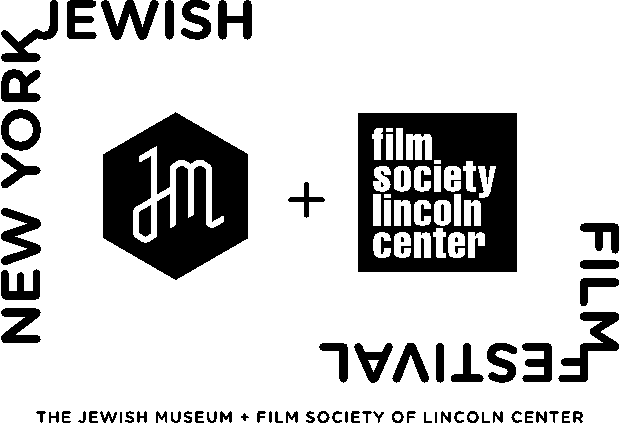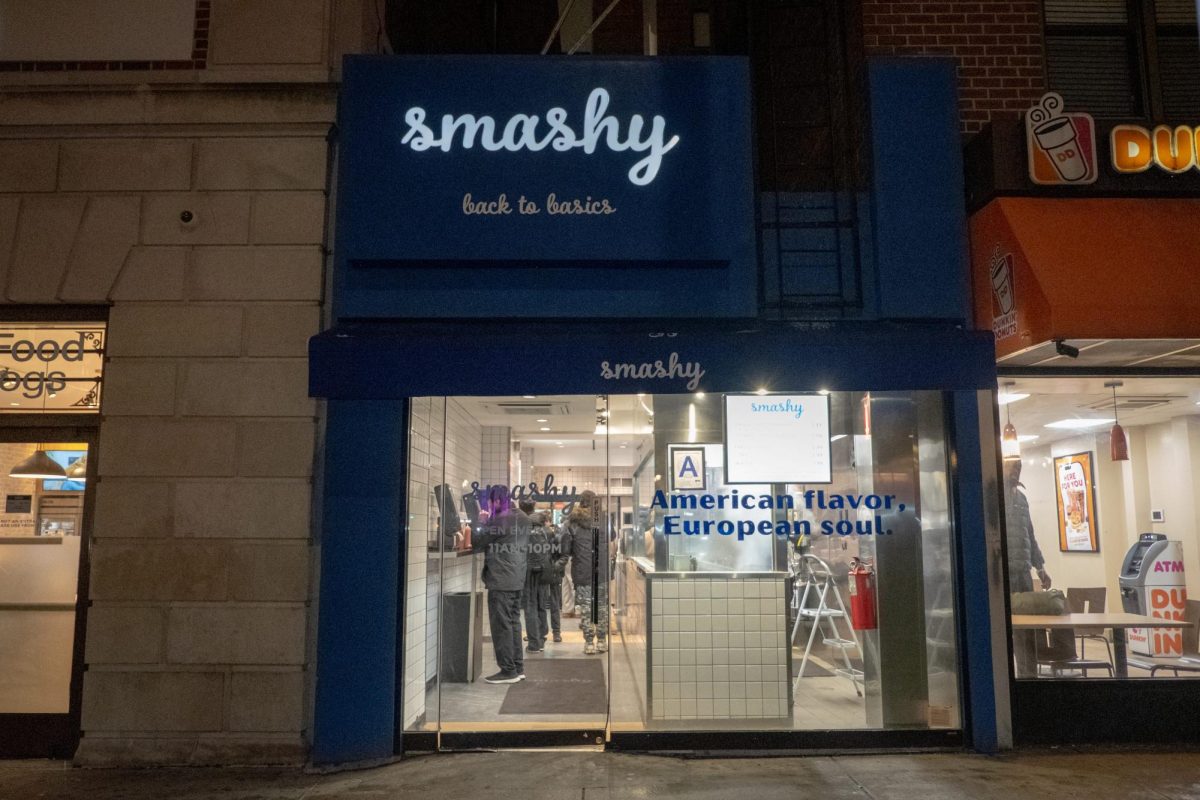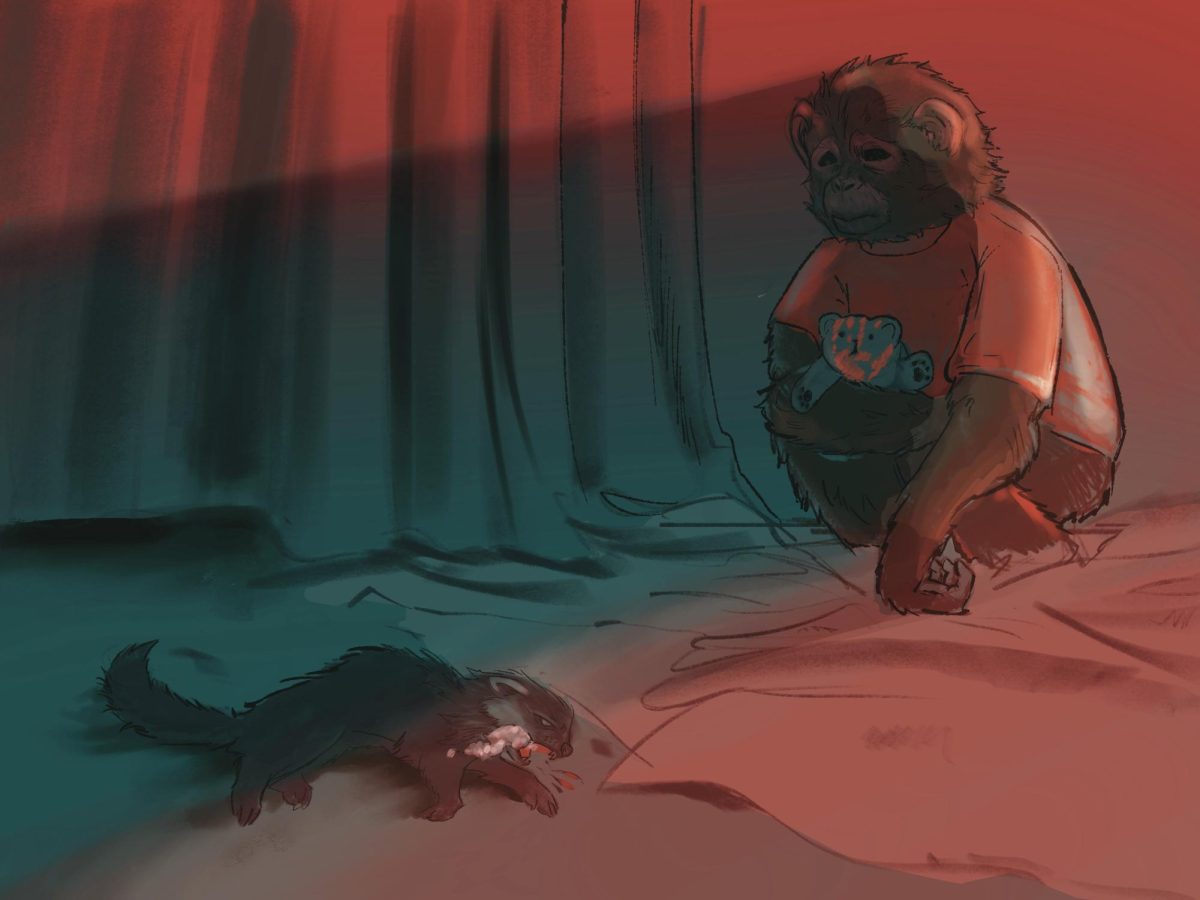Who Will Write Our History
Once it gets going, Who Will Write Our History is a deeply meaningful story for anybody who knows what it’s like to have their story negated by somebody else’s telling of it. The Jewish people have defined themselves by their texts from early on, and this documentary confronts what happens when history is in danger of being skewed by a falsified telling and the legitimizing of texts that don’t fairly depict the people of the book.
While living in the Warsaw Ghetto, historian Emanuel Ringelblum decided to begin documenting the lives of the Jews in the ghetto. From 1940-1943, he and his group created the Oyneg Shabes Archive, a collection of documents, writings and records of Jewish existence at the time. Ringelblum recognized the historical nature of the time he was living in and was determined that the Jews would tell their own story.
For the most part, Who Will Write Our History succeeds at depicting the archive’s construction, the reasons why the archive was so necessary and what the material was that was actually contained within it. The documentary is filled, more than with sorrow, with intent and purpose. What is being told is just as important as how it is being told.
If anything, the film leaves viewers with a curiosity of what kind of treasures could be contained within the Oyneg Shabes Archive. As eyewitness accounts of the Holocaust grow scarcer, other ways of finding direct testimony are welcome considerations. Thinking about the Oyneg Shabes Archive makes one wonder how many individual stories could be told from the information, and, if so, who would be doing the telling.








